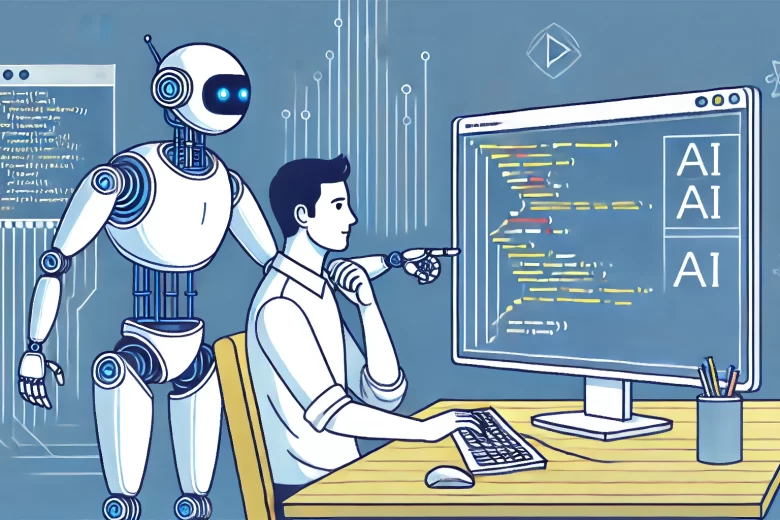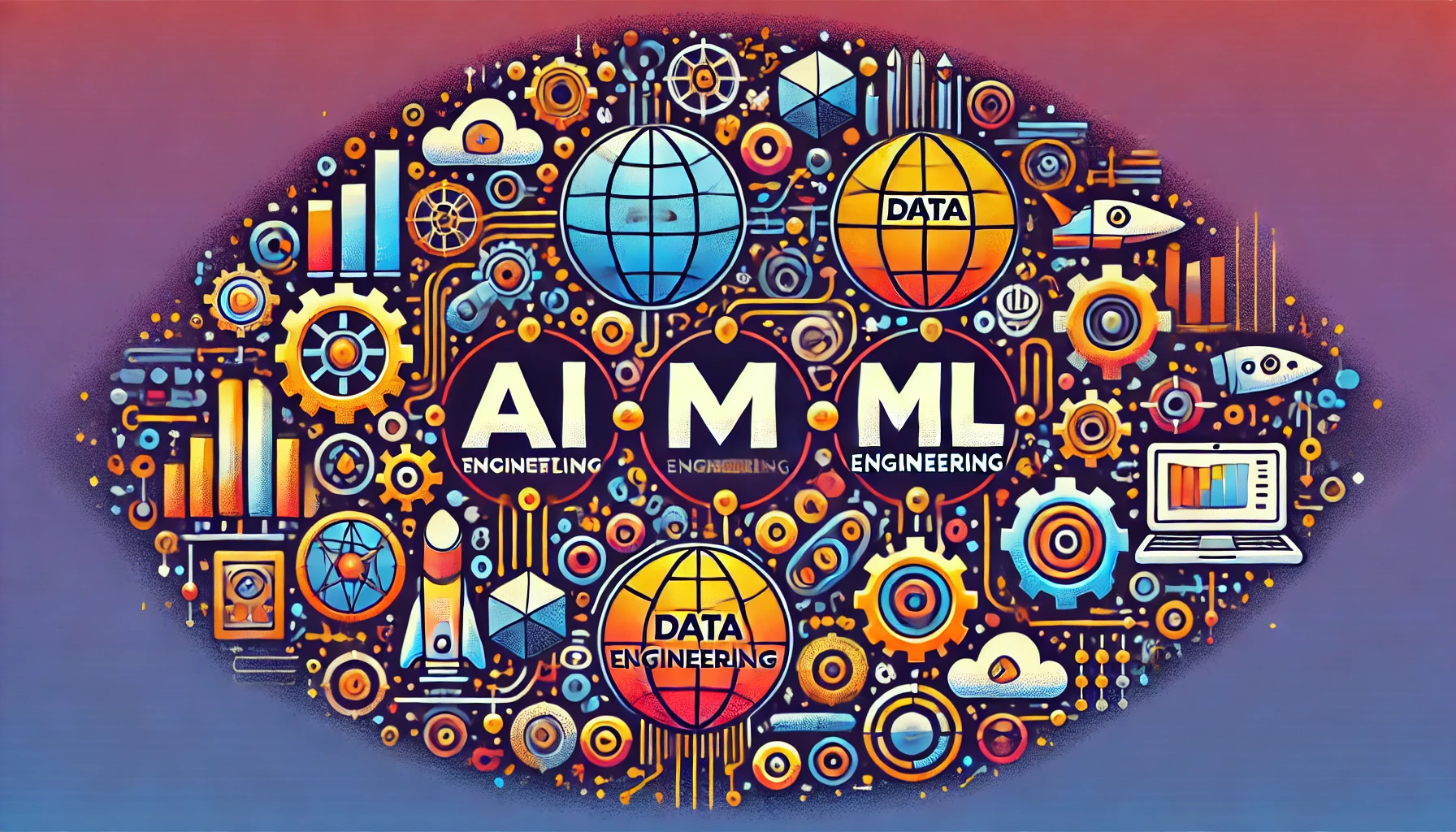TL;DR
Artificial Intelligence (AI) is no longer just a futuristic idea—it’s everywhere, from the voice assistants we use to diagnosing diseases and powering financial systems. AI is helping us make faster decisions, solve complex problems, and create new innovations. However, while it brings many benefits, it also raises questions about privacy, ethics, and job loss. Understanding how AI works and its potential is key to preparing for the future.
What is Artificial Intelligence?
Artificial Intelligence (AI) is a type of technology that allows machines to perform tasks that normally require human intelligence, such as thinking, learning, and problem-solving. AI can recognize patterns, make decisions, and even predict future events based on data. Unlike traditional computers that follow specific instructions, AI can learn and improve over time—a concept known as machine learning.
AI Today: More Than Just Robots
When people think of AI, they often imagine robots, but in reality, AI is all around us. From voice assistants like Siri to recommendation systems on YouTube or Netflix, AI is already a part of our daily lives. It helps us with simple tasks, like setting reminders, and more complex ones, like diagnosing diseases or driving autonomous vehicles.
How Does AI Impact Our Lives?
AI has already transformed several industries, improving the way we work and live:
- Healthcare: AI is being used to analyze medical images, diagnose diseases faster, and even recommend personalized treatments. It can predict disease risks and monitor patients in real-time, making healthcare more efficient and effective.
- Finance: In banking, AI detects fraud, manages investments, and provides personalized financial advice. It helps analyze large amounts of data quickly to spot patterns that humans might miss.
- Education: AI tools personalize learning for students, adapting lessons to their individual needs. It helps make education more accessible and effective by tailoring content to how each person learns best.
- Customer Service: AI-powered chatbots and virtual assistants handle customer inquiries 24/7, improving service speed and quality without the need for human involvement.
- Manufacturing: AI-powered systems optimize production lines, improving efficiency and reducing waste. Smart automation helps companies respond to changing demands and produce high-quality products at lower costs.
How Can We Use AI?
AI can be used in many areas of life and work:
- Personal Assistants: Tools like Google Assistant, Siri, or Alexa help manage our daily lives, from controlling smart home devices to setting reminders.
- Creative Work: AI can assist artists and designers by generating new music, art, or helping with graphic design tasks, freeing up time for creativity.
- Automation: Businesses use AI to automate repetitive tasks, like data entry or customer support, allowing people to focus on more strategic work.
- Decision-Making: AI analyzes vast amounts of data to help companies make informed decisions, uncovering trends and insights that humans might miss.
Key Challenges and Ethical Considerations
While AI offers many benefits, it also presents challenges. Job automation is a major concern, as AI may replace some tasks currently done by humans. However, AI will likely create new jobs that require creativity and emotional intelligence, areas where humans excel.
Privacy is another issue. AI systems often use large amounts of data, raising concerns about how personal information is handled. Ensuring AI is used ethically and responsibly is key to maintaining trust.
Finally, bias in AI is a critical concern. If the data used to train AI systems is biased, it can lead to unfair decisions, such as in hiring or legal judgments. AI needs to be developed with fairness and transparency in mind.
AI is Everywhere—and Here to Stay
AI is already deeply integrated into our daily lives, powering the algorithms behind search engines, social media, and online shopping. As AI continues to develop, we can expect to see even more applications, from AI-generated art to robots performing surgeries. However, it’s crucial that we address ethical concerns and ensure AI is used responsibly to benefit everyone.
Final Thoughts
Artificial Intelligence is not just a technology of the future—it’s here, and it’s changing how we live and work. From improving healthcare to powering smart devices, AI’s potential is vast. But as AI continues to grow, we must balance its benefits with ethical considerations to ensure it creates a positive impact on society.
The future is driven by AI, and the possibilities are endless.


